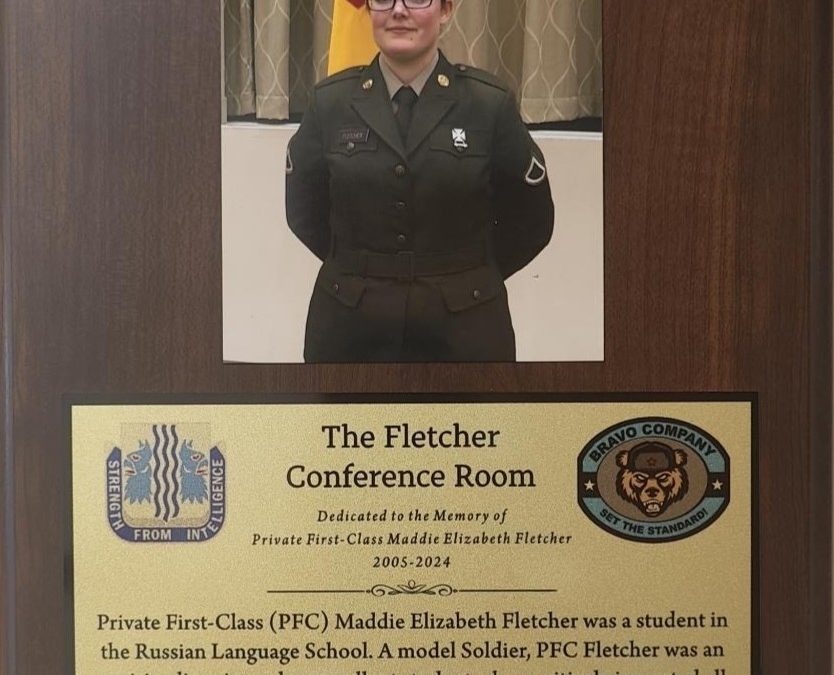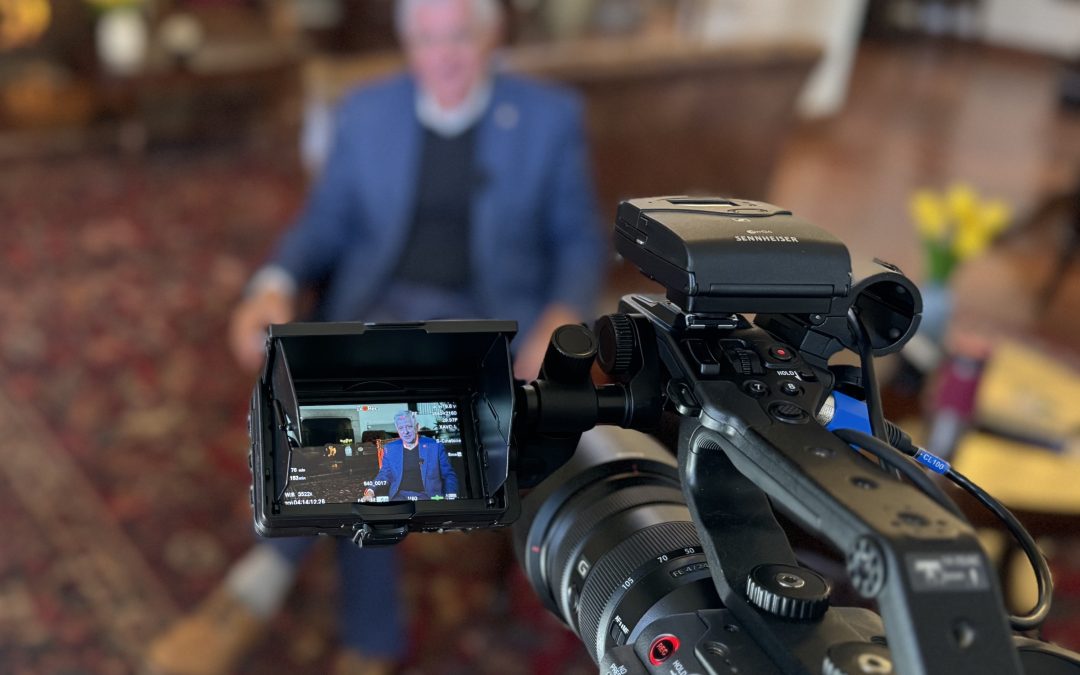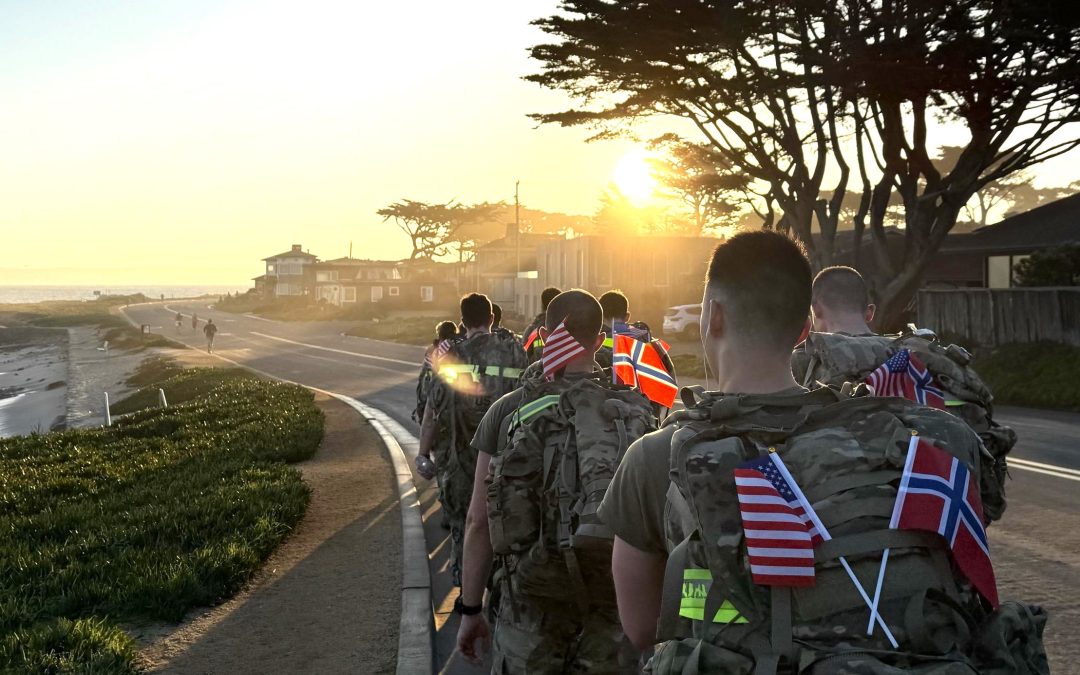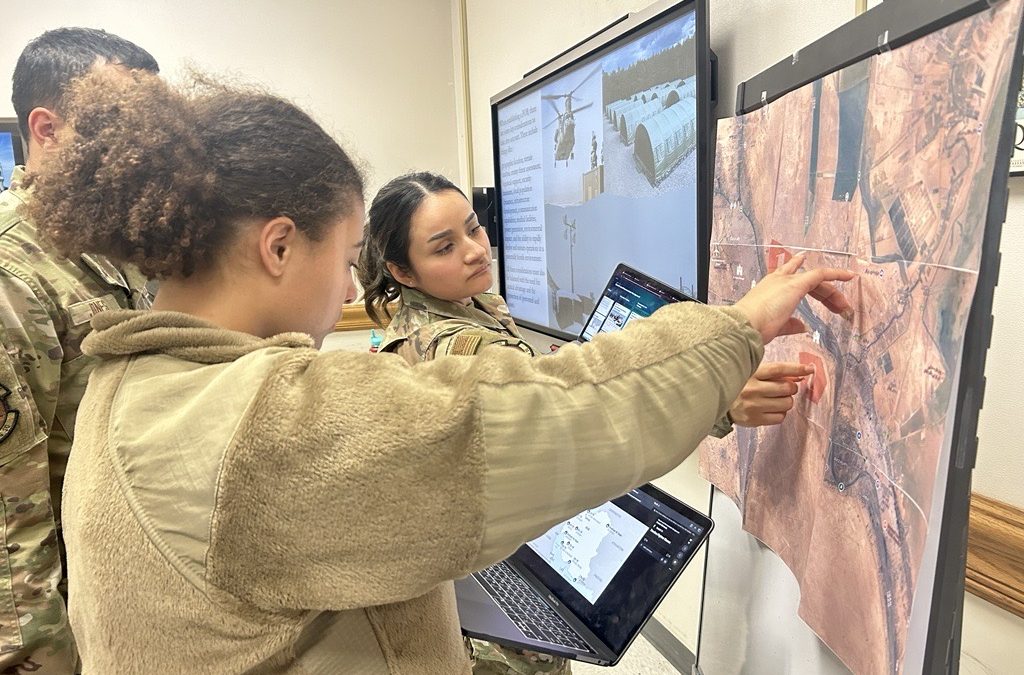MONTEREY, Calif., – The commanding general of the Combined Arms Center at Fort Leavenworth, Kan., says the future of the military lies in better education, more cultural awareness and language skills training, and the ability to prevent conflict and shape outcomes that lead to peaceful solutions.”We are going to look to do interagency, intergovernmental, and multinational (activities) and so the need for linguists is going to increase, and certainly the need for cultural understanding is critical,” said Lt. Gen. Robert Brown, during a visit to the Defense Language Institute Foreign Language Center Aug. 21 where he observed service members studying Turkish and Urdu.”Right now we have Soldiers deployed in 152 countries around the world. They are out there preventing conflict, they are shaping, deterring those who would do us harm. They are better prepared to work with allies and multinational forces and the Defense Language Institute has a huge role in that,” said Brown.Just before deploying on a joint exercise to Japan last year, Brown said that he was fortunate to receive language and culture training for his Soldiers at Joint Base Lewis-McChord, Wash., where DLIFLC has a Language Training Detachment.
“I think that trying to understand their culture better was key and that not just coming in like the ugly American, if you will, saying ‘here is what we do’ and ‘listen to us – we know everything.’ Understanding their culture and showing that respect drew us closer together so that we really had a strong relationship,” Brown explained, adding that as 1st Corps commander his area of responsibility was the Asia-Pacific region that included joint exercises in the Philippines, Indonesia, Malaysia, Thailand, Japan, and Korea.
The Army has a new concept it is proposing for bettering military education. It is working on the establishment of an Army University under the Training and Doctrine Command that will provide civilian equivalent accreditation for military schools, require more challenging curriculum, and ultimately offer Soldiers a degree or certificate that will benefit them even if they decide to leave the military.
“This is a key initiative (Army University) as we look into the future,” said Brown. “Within TRADOC there are some 86 separate schools all doing good things, but they are not synchronized very well.. so Army University is an attempt to really increase the value in education and increase the rigor in education,” said Brown, explaining that 87 percent of Soldiers do not stay in the Army until retirement.
“The Army University will help them (Soldiers) transition easier. They will get more credit from classes they take, and certifications. Whether you are a medic, a truck driver, or a linguist you will get national level certifications. The Army University will really help the transition of Soldiers which is a key thing,” he added.
With DLIFLC already granting an Associate of Arts degree in foreign language to students upon graduation, in cooperation with civilian colleges for an additional 15 units of mandatory general education, Brown said DLIFLC was already a prime example of the Army University concept.
“I am going to take (information) back to Fort Leavenworth and will look to share it with others and let them know what is available. Again, as a part of the Army University, DLI plays a critical role and is leading the way in many ways which will help others,” he said.
As the Department of Defense’s premier foreign language provider, DLIFLC currently teaches 23 languages to some 3,500 students from all four branches of the military service. Courses last between 26 and 64 weeks, depending on the difficulty of the language.
Story and Photo Credits
Story and photos by Natela Cutter, Mission PAO |




